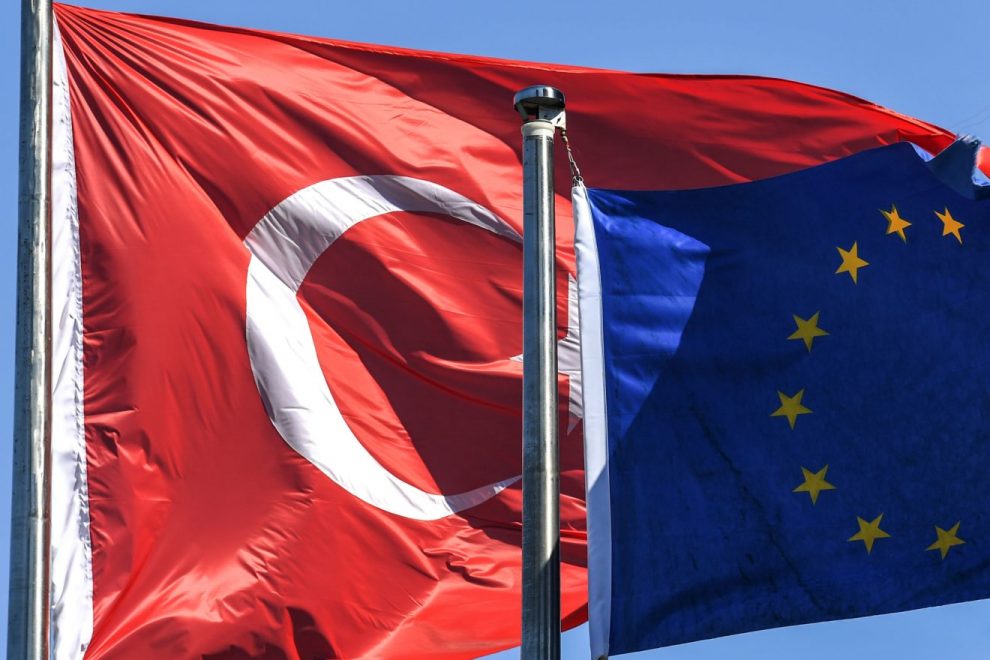The European Union members expectedly failed to agree to place heavy sanctions on Turkey such as arms embargo for Ankara’s drilling activities in the Mediterranean and instead opted to target individuals during the second day of the summit in Brussels.
Greece have been lobbying for wider sanctions that would target larger sectors of Turkey’s economy but as it had been widely reported Germany and several other European countries have been against placing sanctions on Ankara. Friday’s decision is considered as an attempt to please Greece by Germany-led pro-Turkey block. France which was asking for a tough EU response, reportedly toned down its rhetoric at the summit.
The EU’s decision paves the way for penalizing individuals and companies involved in planning and carrying out the gas exploration with travel bans into the EU and asset freezes. However, it was not specified which individuals and organizations would be penalized. The vice-president of the Turkish Petroleum Corporation and the deputy director of its exploration department are currently on an EU sanctions list.
Greece has once again dodged a UN-brokered meeting to de-escalate tensions in Mediterranean on October 30th. Turkish government has several times stated that it is ready to hold talks with Greece without preconditions. However, Athens has been accused of wanting nothing less than the most of the Mediterranean despite Turkey having the longest shorelines on the Mediterranean cost. Turkey has also signed a maritime deal with the UN-recognized Libyan government back in 2019 which gave legitimacy to its Mediterranean drillings. Greece, on the other hand, claims exclusive economic zone based on tiny islands just a couple of kilometers from the Turkish mainland. Previous international court rulings on similar cases proved that islands do not generate EEZs.






